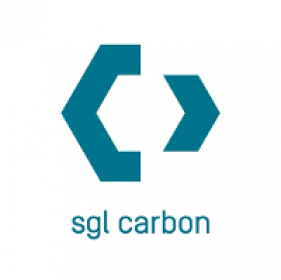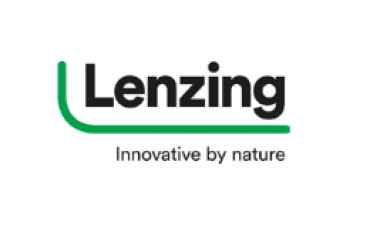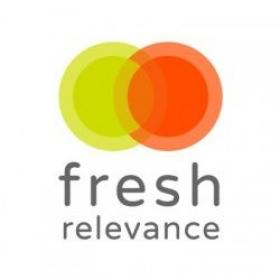As expected, SGL Carbon’s second quarter impacted by Corona pandemic
- Sales and recurring EBIT significantly decreased in first half of 2020
As expected, the second quarter of SGL Carbon was impacted by the Corona pandemic, but not to the extent predicted in May when the quarterly statement for the period ended March 31, 2020 was published. Sales in the three months as per end of June decreased approximately 23 percent year-on-year, whereas Group recurring EBIT was at around 2 million euros and thus higher than anticipated. In total, SGL Carbon reached Group sales of 457 million euros in the first half year. This corresponds to a decrease of around 19 percent year-on-year. The decline is due to a pandemic-related overall weaker business development as well as expected declining developments in the market segments Battery & other Energy (GMS) and Textile Fibers (CFM) due to capacity adjustments. Group recurring EBIT was down approximately 71 percent to 11 million euros.
At a glance*:
- Sales in the second quarter approximately 23 percent below prior-year period; Group recurring EBIT of around 2 million euros was slightly better than anticipated at the presentation of the results of the first quarter 2020
- Group sales in the first half year 2020 at almost 457 million euros and thus around 19 percent below the prior-year period; decrease in sales due to pandemic-related overall weaker business development as well as expected declining developments in the market segments Battery & other Energy (GMS) and Textile Fibers (CFM)
- Group recurring EBIT down approximately 71 percent to 11 million euros
- As a result of measures taken at an early stage and contrary to the normal seasonal trend, cash and cash equivalents at nearly 154 million euros as of June 30, 2020 developed very positively compared to the end of 2019
- According to the full year forecast published on July 28, 2020, SGL Carbon expects Group sales to decline by 15 to 20 percent and a slightly positive operating recurring EBIT
- Dr. Torsten Derr, CEO of SGL Carbon: "My ambition is to achieve lasting success with SGL Carbon. Over the past two months, we have been conducting a comprehensive analysis of our processes, structures and markets. Based on this, we will identify the options that will enable us to sustainably increase our profitability. The Corona pandemic is forcing us to act even faster."
*Please read the attached document for more information
SGL CARBON SE Corporate Communications







